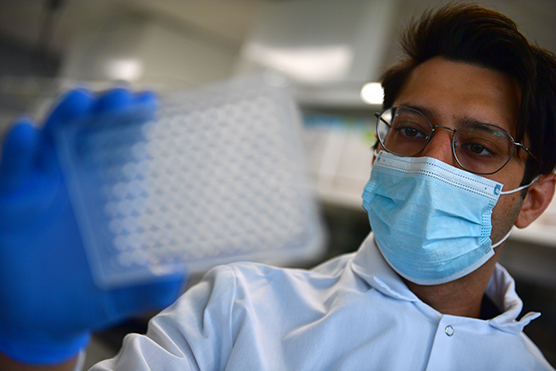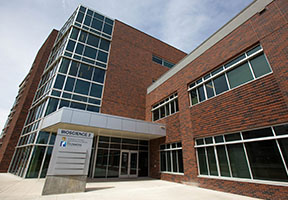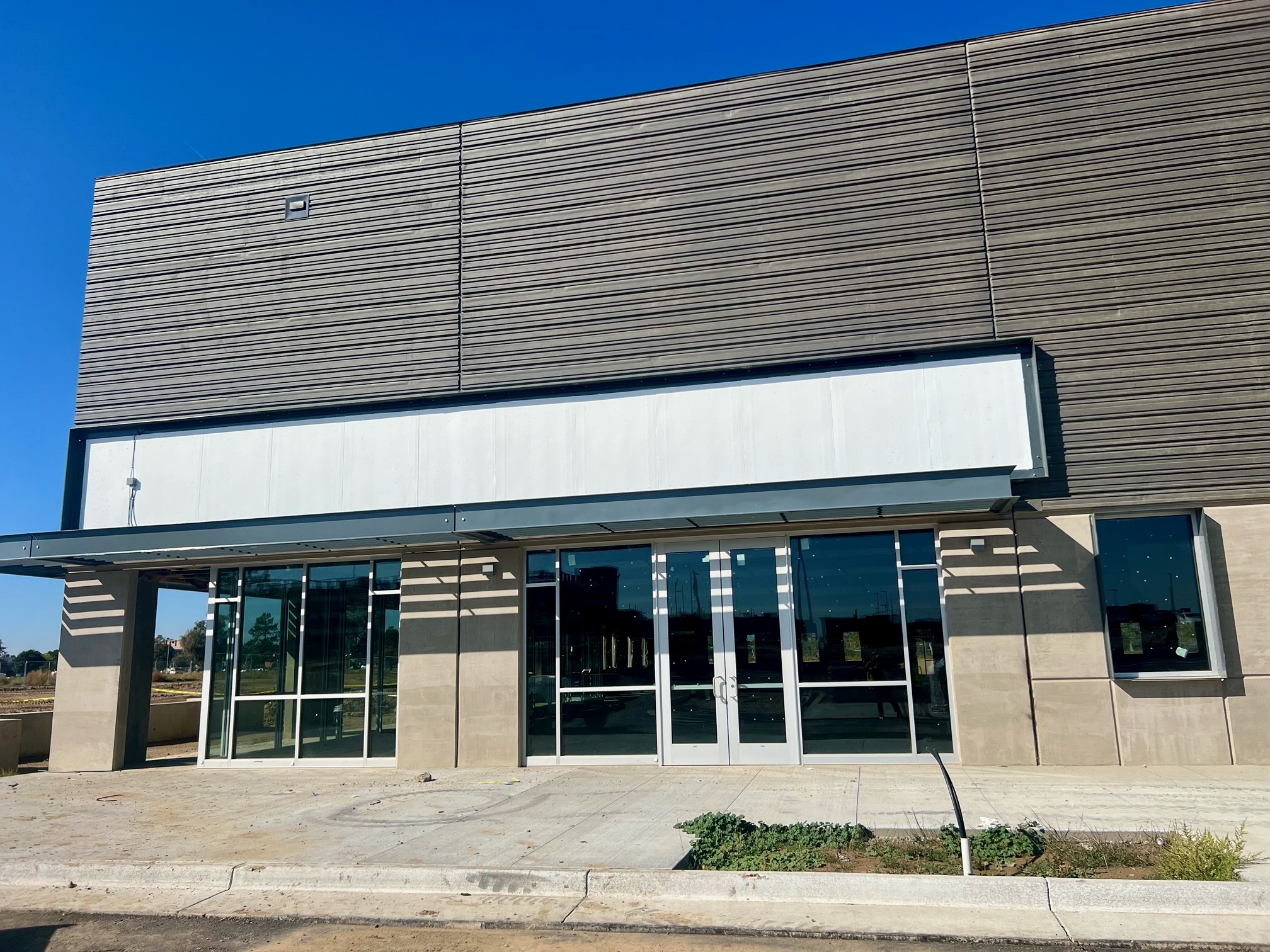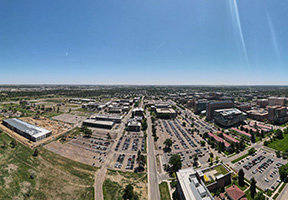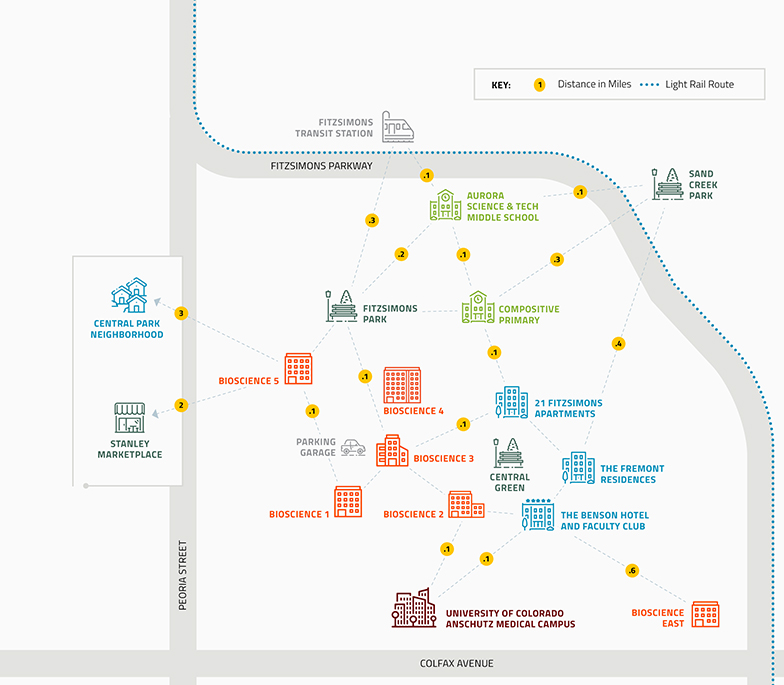EnteroTrack: Empowering Patients to Take Control of Chronic Upper GI Health
What the Company Does
EnteroTrack produces EnteroTracker®, a simple-to-use, inexpensive device to sample the upper gastrointestinal (GI) system in children and adults without the need for endoscopy. Screening or monitoring the upper GI tract is important to catch diseases early such as esophageal cancer or to control chronic conditions such as Eosinophilic Esophagitis (EoE).
Current Landscape
Endoscopy with biopsy is standard clinical practice for evaluating upper GI disease. With a growing record of use in over 800 patients and eight clinical trials, the EnteroTracker device has similar sensitivity and specificity to endoscopic biopsy at far less cost, risk, and hassle. The EnteroTracker device does not require advanced facilities or equipment, sedation, and time off. Lastly, endoscopic biopsy samples a very small surface area, which requires multiple biopsies to ensure adequate sampling. EnteroTracker provides protected samples down the length of the upper GI tract with one procedure.
Although non-endoscopic methods for sampling or imaging the GI system are emerging, most are complex, expensive, and require specialized facilities or training to be administered. Other similar techniques have emerged for esophageal cancer: EsoCheck and CytoSponge. Though non-endoscopic, they’re also expensive and require specialized facilities or training. Unlike EnteroTracker, neither test can be performed at home, and neither provides local samples of the upper GI tract from esophagus through jejunum in one procedure.
Company Birth Story
EnteroTrack arose from a collaboration on the University of Colorado Anschutz Medical Campus (CU Anschutz) between pediatric gastroenterologist Glenn Furuta, M.D. and biomedical engineer Robin Shandas, Ph.D. to find a solution to avoid repeat endoscopies for patients.
Solution
Inexpensive materials combined with sophisticated laboratory analysis of samples help empower people take control of their GI health: evaluate food allergies, inflammation upper gut microbiome, changes in pH, bile, celiac disease, cancer development, and more.
From its headquarters at Fitzsimons Innovation Community in Colorado, EnteroTrack launched its first clinical product, the Esophageal String Test (EST), to support monitoring of patients with EoE. Children’s Hospital of Colorado, Phoenix Children’s Hospital, the University of South Florida Hospital, and Scripps Clinic use the commercialized product called EnteroTracker, with more hospitals on deck. Several clinical trials and studies are underway at CU Anschutz to evaluate other EST applications. Trials are also ongoing at Mayo Clinic, Stanford, and GlaxoSmithKline.
Customer Impact
One success story is that of an 11-year-old male with a history of chronic EoE, diagnosed at age two. The primary treatment was food elimination. Food trials and reintroduction of foods were slow because of the need for sedated endoscopies. An EST was performed with excellent tolerance. As a result, the patient was able to try out several other foods including turkey, soy, and fish because EST allows more frequent monitoring of food reactions than endoscopies. The patient has gained weight, moved off failure-to-thrive diagnosis, and has a substantially improved outlook on life.
Team Culture
Students from the bioengineering department at UC Denver and CU Anschutz are involved in many aspects of the company.
Founder Quote
“For the 100 million Americans living with or at risk for chronic upper GI diseases, the EnteroTracker shows promise for revolutionizing and democratizing upper GI medical care.”
Robin Shandas, Ph.D., CEO, EnteroTrack
Learn More
Website: www.enterotrack.com

